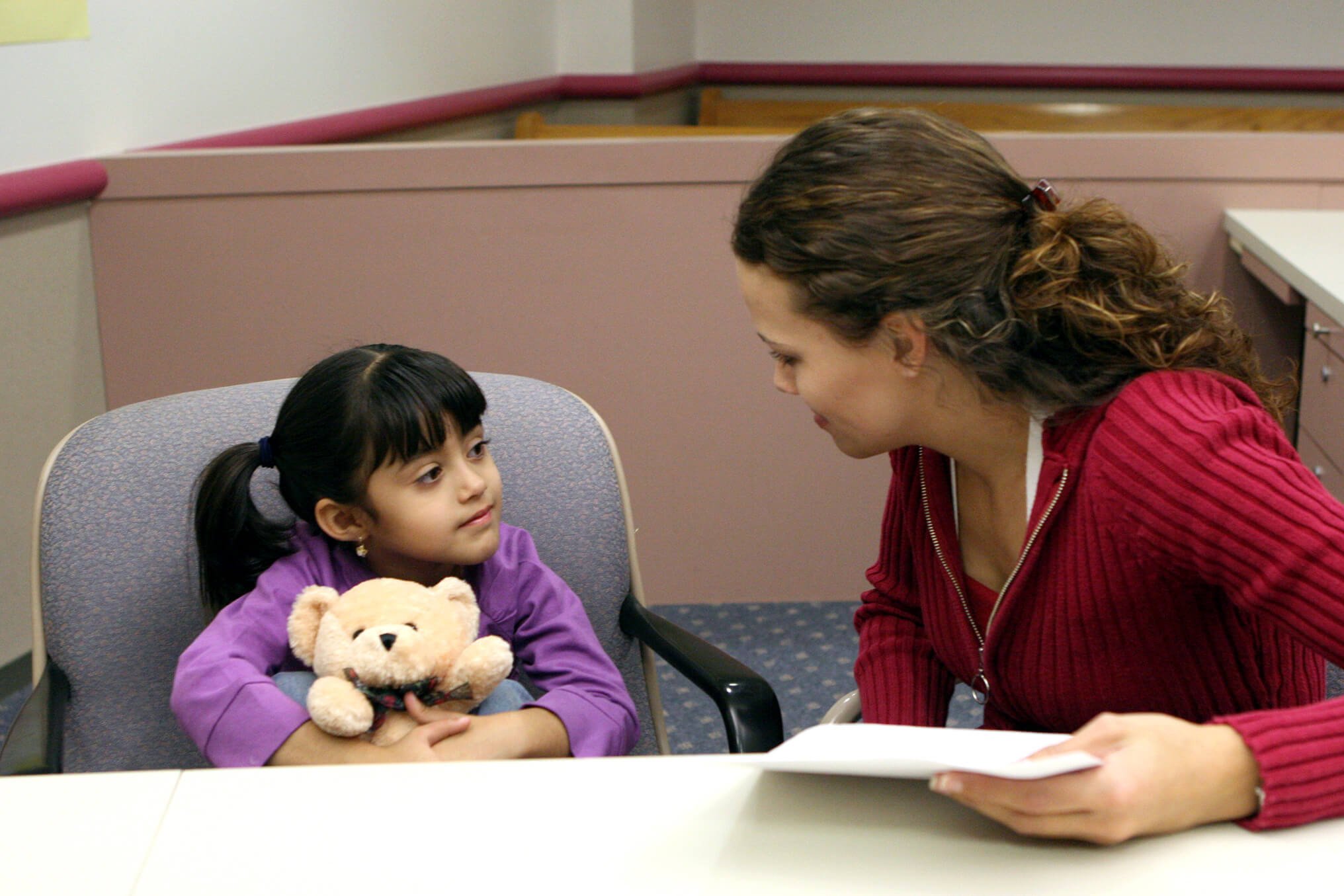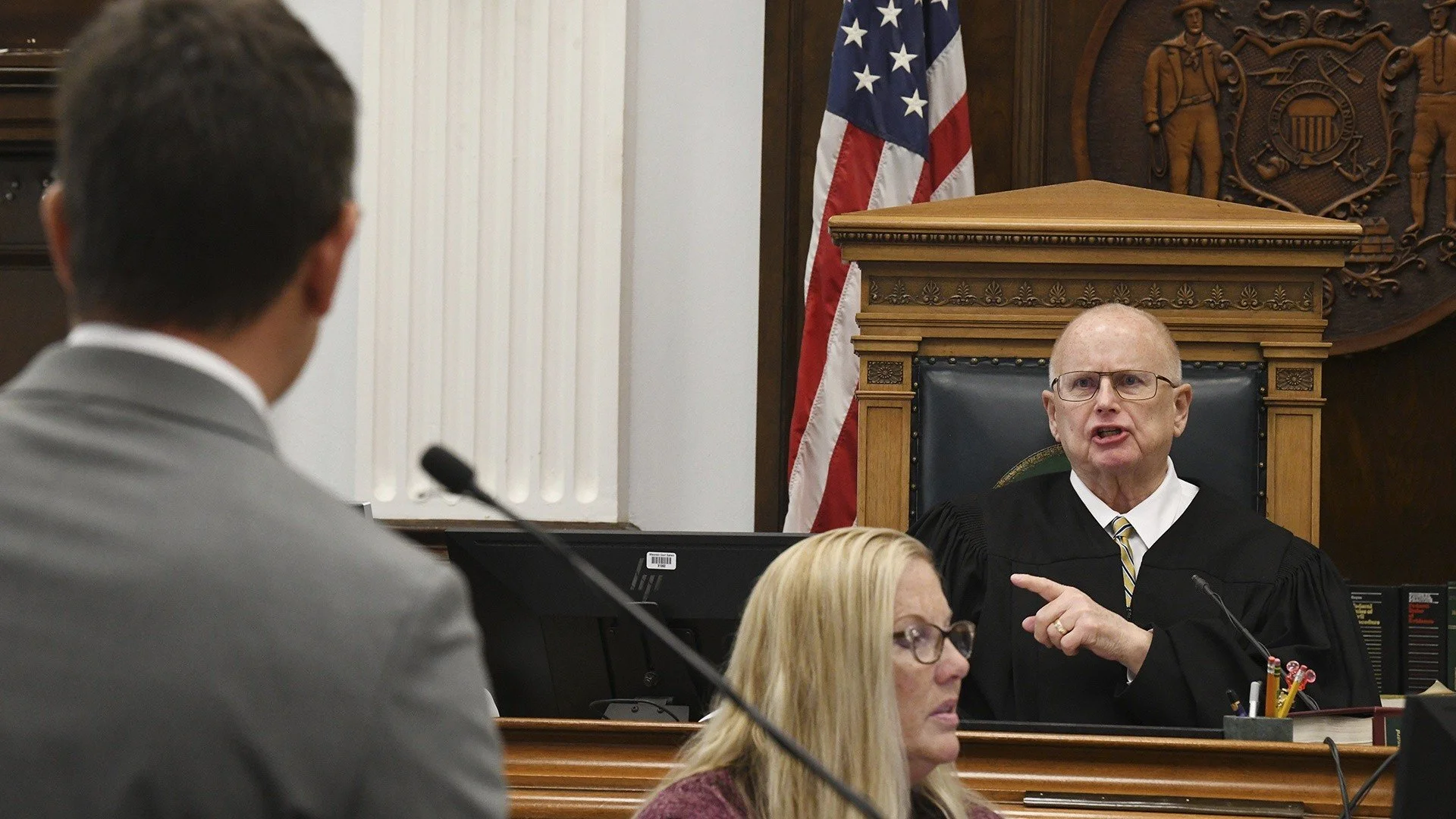At What Age Can a Child Testify in Court? Quick Answer
Understanding the age at which a child can testify in court is crucial for both legal professionals and families.
The ability of a child to serve as a witness can significantly impact the outcome of legal proceedings, making it essential to grasp the legal framework and factors involved.
At what age can a child testify in court?
There's no universal age limit. Courts assess each child's ability to understand truth vs. lies and communicate clearly. Some jurisdictions allow children as young as five to testify.
Key Takeaways:
No universal age limit for child testimony; varies by jurisdiction.
Courts assess a child's ability to distinguish truth from lies and communicate clearly.
Judges conduct competency assessments.
Psychological and emotional readiness are considered.
Child testimony can significantly impact legal outcomes.
Legal Standards and Variations by Jurisdiction
Differences in laws across states and countries
The age at which children testify in court varies widely depending on the jurisdiction.
In the United States, there is no federal law that sets a specific child's age for the testimony.
Instead, each state has its own regulations and guidelines.
For instance, some states may allow children as young as five to testify, while others may have stricter age requirements.
I have explained here the various rules for fighting for custody in different states of the U.S.
General principles guiding the ability of a child to testify
Despite these variations, certain general principles apply.
Courts typically assess whether the child understands the difference between truth and lies and whether they can communicate their experiences clearly.
This competency assessment is crucial in determining if a child is fit to testify.
Factors Influencing a Child’s Ability to Testify
Competency assessments by judges
Judges play a pivotal role in deciding if a child can testify.
They conduct competency assessments to evaluate the child's ability to understand and answer questions accurately.
These assessments often involve questioning the child about simple concepts to gauge their comprehension and communication skills.
Psychological and emotional readiness
Family court judges often consider factors beyond legal standards when determining a child's ability to testify. A child custody lawyer may argue that a child of sufficient age and maturity should have the child's wishes heard in a child custody hearing.
However, the court must also evaluate the child's psychological and emotional readiness for such an experience.
Family law recognizes that participating in legal proceedings can be challenging, particularly for younger children.
To ensure the child's well-being, the court may consult child psychologists to assess whether the child is emotionally equipped to handle the demands of testifying in this sensitive environment.
Examples and Case Studies
Notable cases where young children have testified
There have been several notable cases where young children have served as adult witnesses.
For example, in some high-profile abuse cases, children as young as six have provided crucial testimony that influenced the judge's decision.
These cases highlight the importance of evaluating each child's unique circumstances.
Impact of these testimonies on the legal outcomes
The impact of a child's testimony on legal outcomes can be significant.
In many instances, the testimony of a young child has led to convictions or acquittals, underscoring the weight that such testimony can carry.
Understanding the age and competency of child witnesses is essential for ensuring fair and just legal proceedings.
Frequently Asked Questions:
1. At what age can a child generally testify in court?
The age at which a child can testify in court varies widely by jurisdiction.
In the United States, there is no federal age requirement, so each state sets its own regulations.
Some states may permit children as young as five to testify, while others have higher age thresholds.
Courts focus on whether the child can understand the difference between truth and lies and communicate their experiences clearly, rather than adhering to a specific age limit.
Judges also check the child's maturity, child's intelligence as well as child's preference on certain things to make decisions in child custody case or similar cases.
2. How do courts determine if a child is competent to testify?
Courts assess a child’s competency to testify through a series of evaluations conducted by a judge.
These assessments typically involve questioning the child to determine their understanding of basic concepts such as truth and lies, and their ability to communicate their experiences.
Additionally, psychological evaluations may be conducted to ensure the child is emotionally and mentally prepared for the stress of testifying.
3. Can you provide examples of cases where very young children have testified?
Yes, there have been notable cases where young children, including those as young as six, have testified.
For instance, in certain high-profile abuse cases, young children provided crucial testimony that significantly influenced the court's decision.
The impact of such testimonies can be profound, leading to important legal outcomes such as convictions or acquittals, emphasizing the importance of assessing each child’s unique situation carefully.
Conclusion
Determining the youngest age at which a child can testify involves a complex interplay of legal standards, competency assessments, and emotional readiness.
While there is no universal age limit, understanding the factors that influence a child's ability to testify is crucial for ensuring justice.
By considering both legal and emotional aspects, courts can make informed decisions that protect the interests of young witnesses and uphold the integrity of the legal process.






